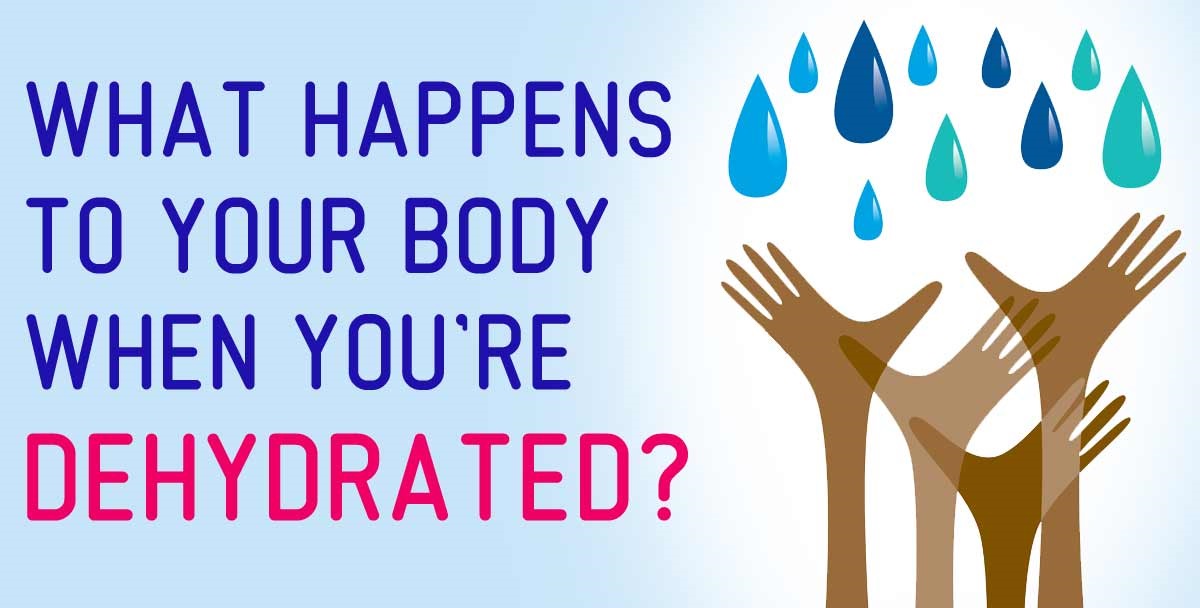
Dehydration Problems Symptoms.
Exhausted? Have a headache? Dizzy? Muscle cramps? Nausea? You may be dehydrated. As the weather gets warmer in many parts of the country, it’s not uncommon for many people to experience these symptoms. As the temperature rises, so does our need for increased water intake. But how much is enough?
Everyone’s body needs water. We break down by sweating, excretion or simply not taking in enough through foods—like fruits and vegetables—and drinks. Mild dehydration (losing less than 2 percent of your body weight due to inadequate fluids) can cause the health problems mentioned above—dizziness, headaches,fatigue, nausea and more.
To keep your body supplied with the fluid it needs, especially when exercising, follow these tips:
- Get the basics. Most women need eight to nine cups of total fluids a day, including all beverages and the water in foods.
- Increase according to the weather. High temperatures or humidity outside, heated indoor air and high altitudes all cause you to need more fluids.
- Add when exercising. Drink one cup of fluids each quarter-hour throughout physical activity, advises Werner W.K. Hoeger, EdD, FACSM, professor of kinesiology and director of the Human Performance Laboratory at Boise State University. He recommends drinks that contain electrolytes—important in providing the minerals necessary for correct cellular metabolism, which is disrupted during physical exertion. Electrolyte replacement additionally helps maintain correct contraction and viscus operate. Try milk for associate degree all-natural, tasty electrolyte boost.
- Add more for big events. If you’re going to be in a race or charity walk, make sure you drink enough to be well-hydrated the day before, Hoeger adds. Also, drink a glass of fluids an hour before the event.
- Drinking for two? Pregnant and nursing women need additional fluids. Talk with your health care professional about what’s best for you.
- Limit alcohol intake. As the weather gets nicer, there are more barbecues and backyard parties. That means more opportunities for cocktails. But alcoholic beverages will positively contribute to dehydration, so make sure to follow up that glass of wine with two glasses of water.
- Still thirsty? If drinking fluids doesn’t relieve your thirst, you may have a health condition such as diabetes. See your health care professional right away.
- Too much of a good thing. In terribly rare cases chiefly among marathon runners drinking an excessive amount of fluid results in a serious health problem known as a symptom. This occurs once Na levels within the blood fall too low. It happens primarily to athletes WHO have last quite four hours and gained heaps of weight throughout the race from drinking.
Three tips on getting more water:
- Keep a bottle on your table as you’re employed and fill it frequently. For those worried about drinking tap water, one company offers a new water bottle with a built-in filter (very cool!).
- Eat more hydrating foods, such as cucumber, watermelon, lettuce, celery and tomatoes.
- Bored by plain old H2O? Try adding a drop of juice or a squeeze of lemon for added flavor.



